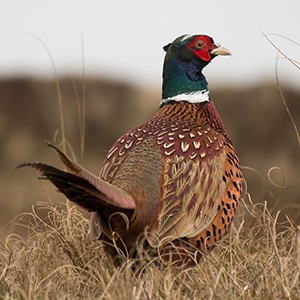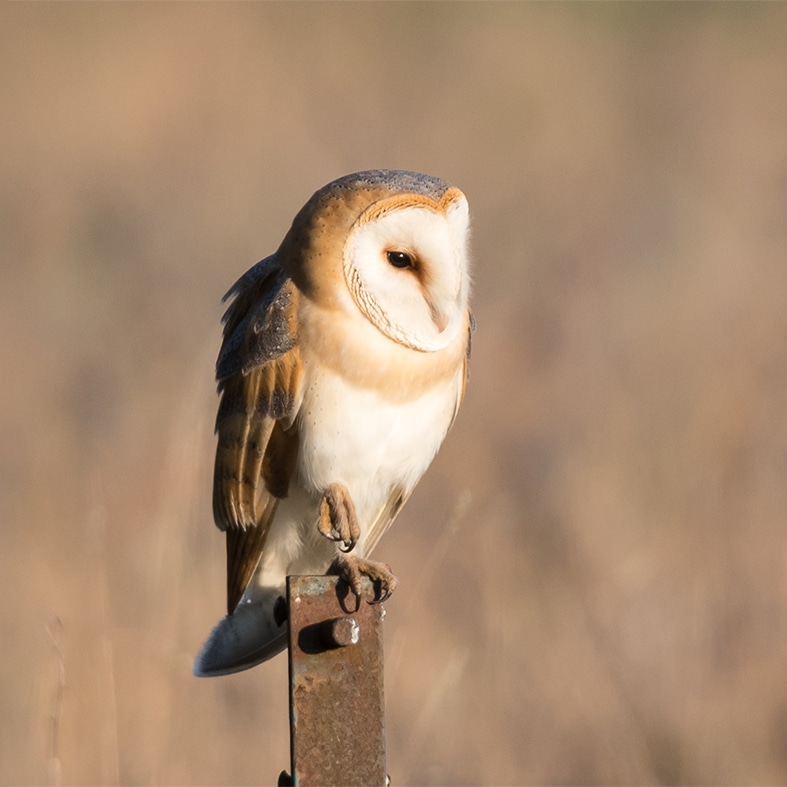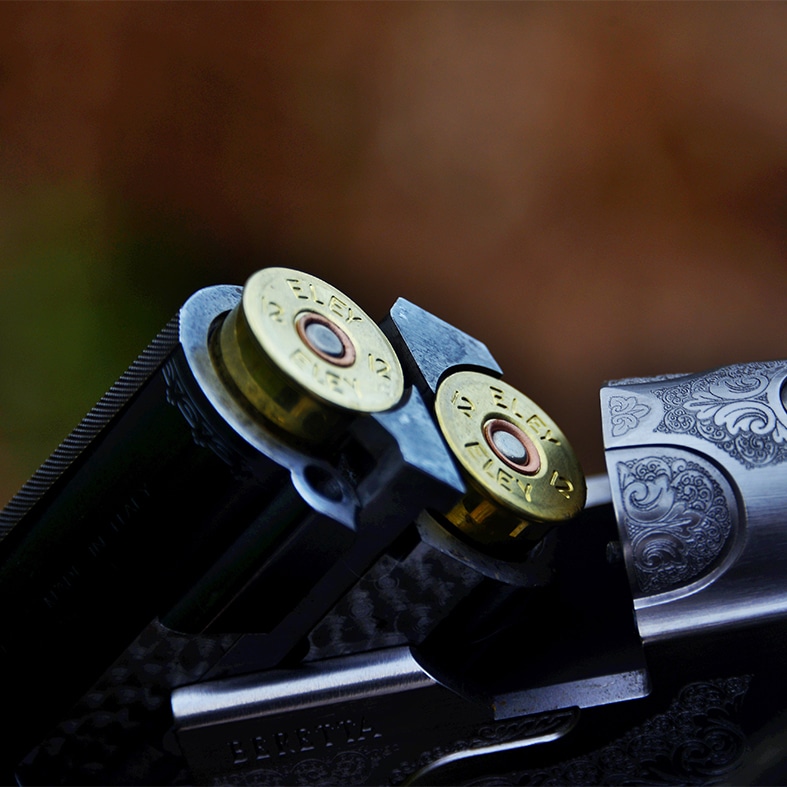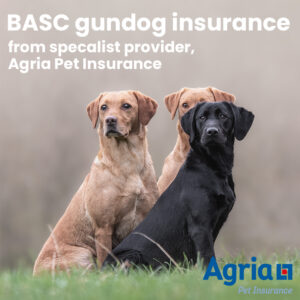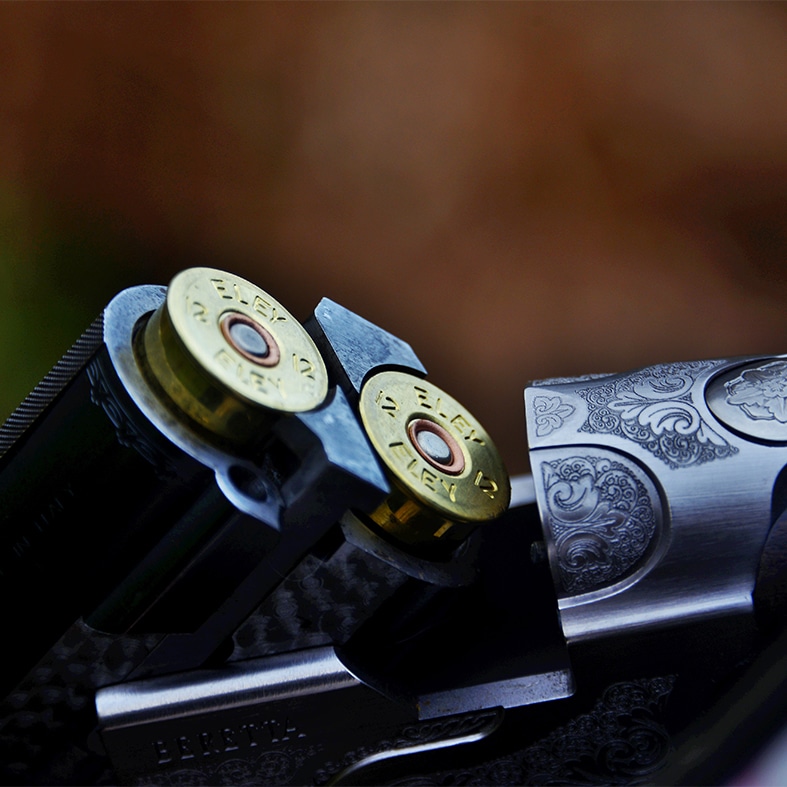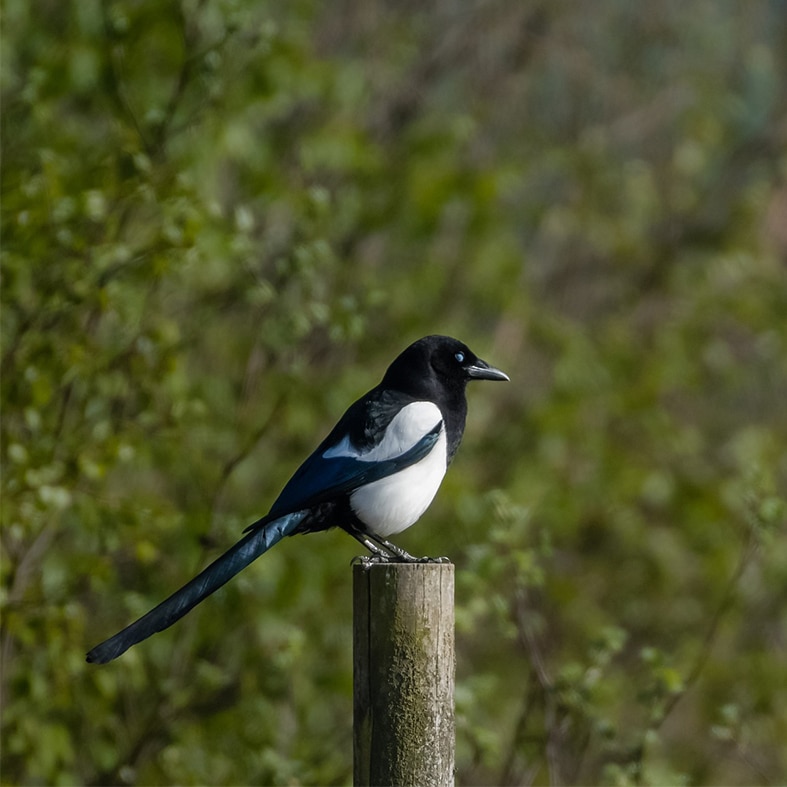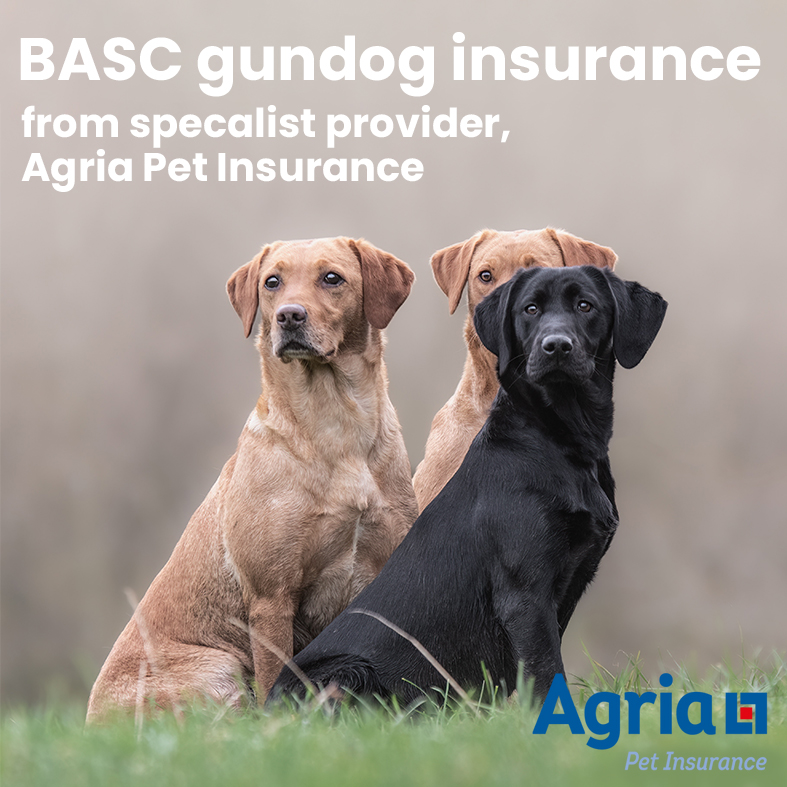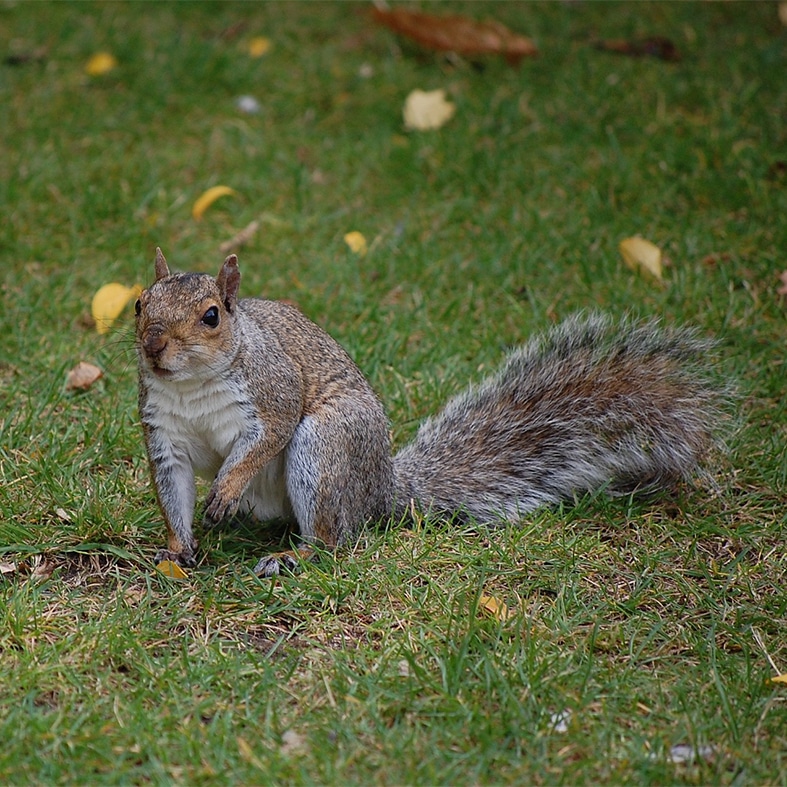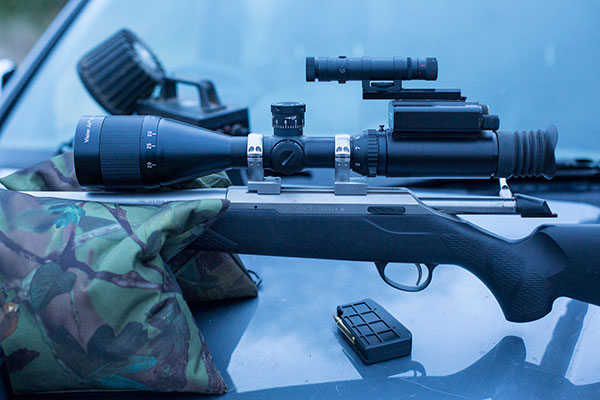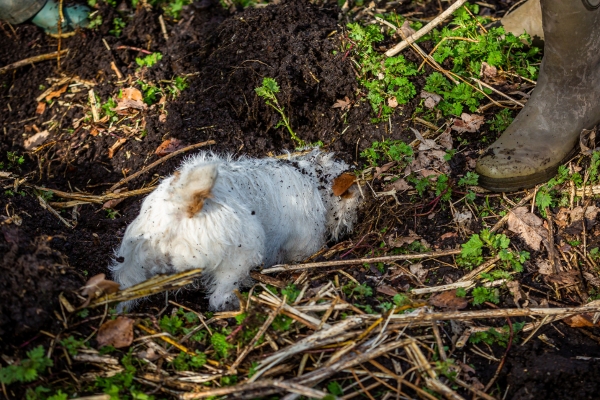
The use of a dog below ground in England and Wales
The Hunting Act 2004 prohibits all hunting of wild mammals with dogs in England and Wales, except where it is carried out in accordance with one of the tightly drawn exemptions, which allow for certain necessary pest control and other activities to be undertaken, subject to strict conditions.
